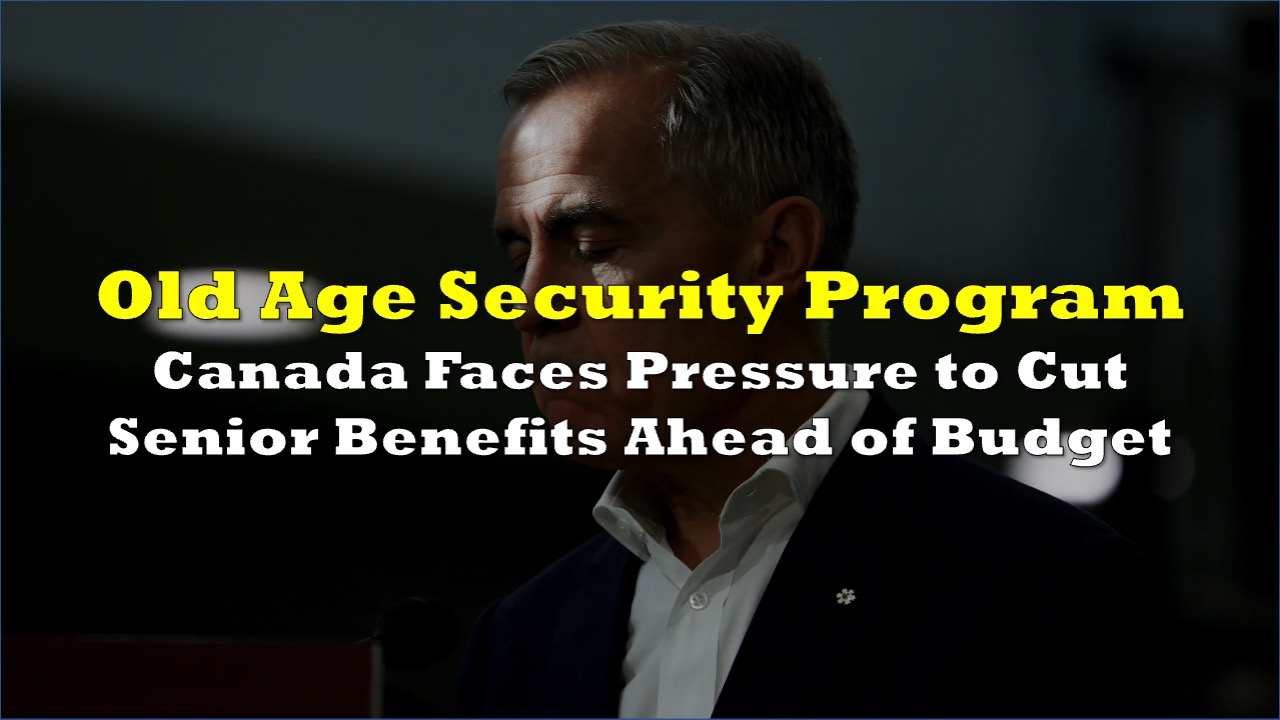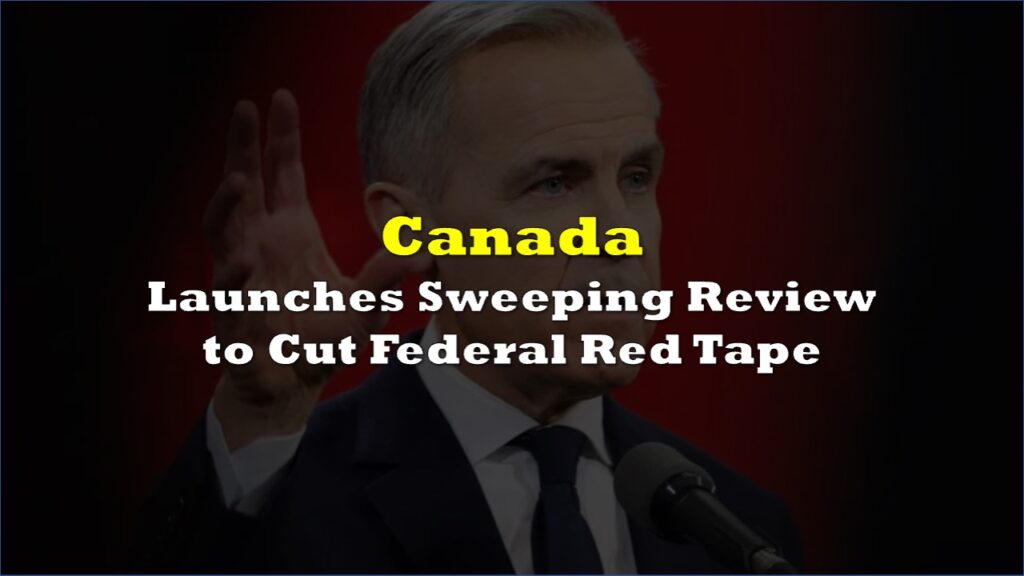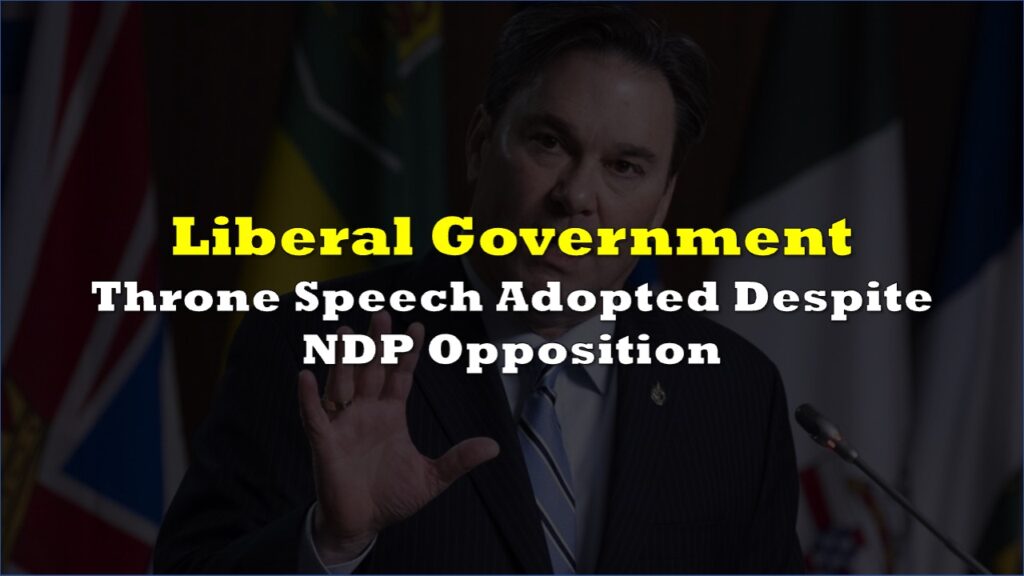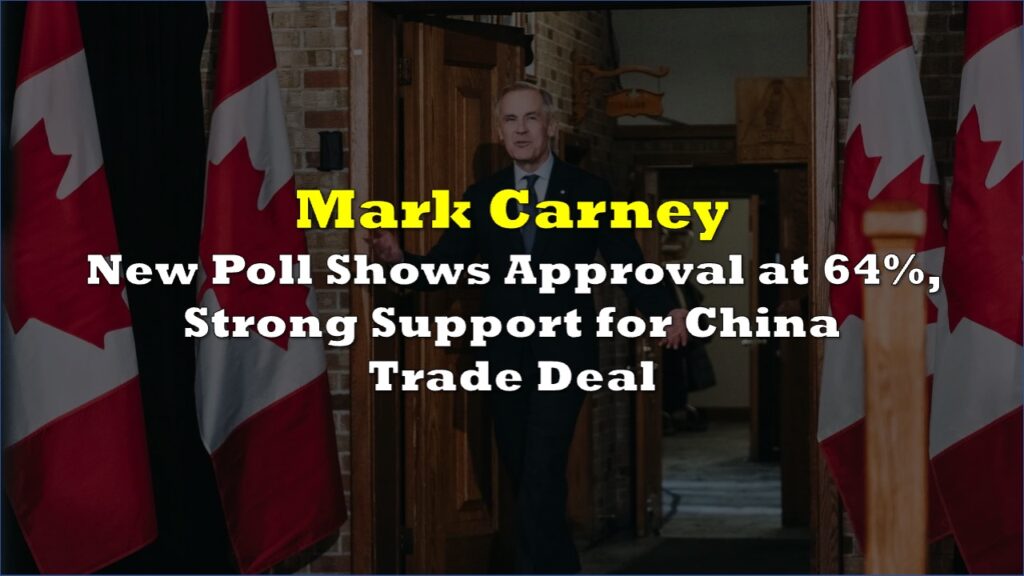A Canadian advocacy group is urging Prime Minister Mark Carney’s government to slash spending on Old Age Security, the country’s largest federal program, as Ottawa prepares to table its first budget under the new Liberal administration.
Generation Squeeze, a generational fairness organization, told reporters in Ottawa that the $80 billion Old Age Security program has become the single biggest driver of federal deficits, having grown by $42 billion over the past decade.
“OAS is now the single biggest driver of federal deficits. It costs $42 billion more than a decade ago and adds more to red ink than child care, than PharmaCare, than dental care, or defence,” said Paul Kershaw, the group’s head.
The organization proposes reducing payments to retired couples earning over $100,000, which it says could save $36 billion over five years.
But critics have fiercely opposed the proposal. Anthony Quinn, president of the Canadian Association of Retired Persons, accused Kershaw of trying to spark “intergenerational warfare” rather than offering constructive deficit solutions.
“I think Mr. Kershaw is short-sighted, not understanding that we all become seniors if we’re lucky,” Quinn said, noting the proposal fails to account for aging costs like at-home care and medical devices.
Carney’s Liberals, who hold a minority government three seats short of a majority, are preparing to introduce their budget on November 4. The party may need support from the Bloc Québécois to pass the spending plan — but the Bloc has proposed increasing OAS by roughly $3 billion annually, according to the Parliamentary Budget Officer.
Related: Canada Joins NATO’s 2% Club as Alliance Hits Record $1.4 Trillion Spending
Carney has described the upcoming budget as delivering both “austerity and investment,” signaling difficult choices ahead for a government facing economic pressures from US tariffs and commitments to boost NATO defense spending.
The Old Age Security program, which Canada hasn’t overhauled since its creation in 1952, now accounts for one-fifth of all federal spending.
Canada’s Parliament treats budget votes as confidence votes, meaning the government could fall if it fails to pass.
Information for this story was found via the sources and companies mentioned. The author has no securities or affiliations related to the organizations discussed. Not a recommendation to buy or sell. Always do additional research and consult a professional before purchasing a security. The author holds no licenses.










One Response
Overly simplistic solution. If that is all Kershaw had to offer, then it was hardly a thorough look at a budget or cost cutting. Perhaps consider 2 incomes at 200K. More realistic. 2 incomes at 100K means 50K each. You try it sonny? Glasses, meds, dental…housing…not pay increases ever again really…..home care… This is how some seniors end up living on the streets.